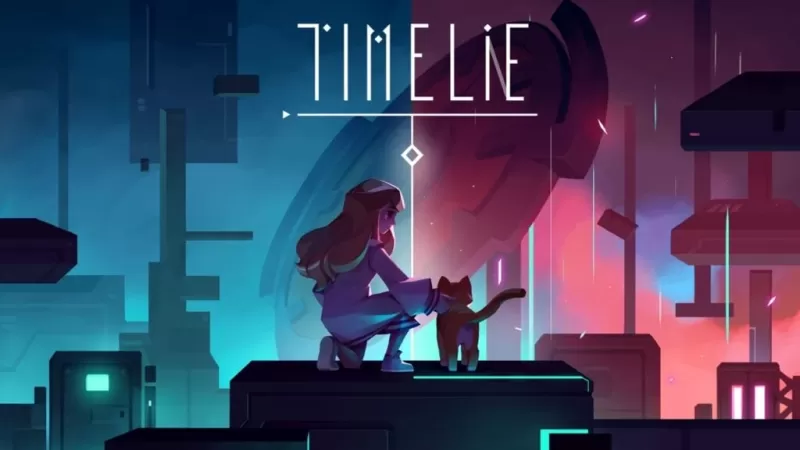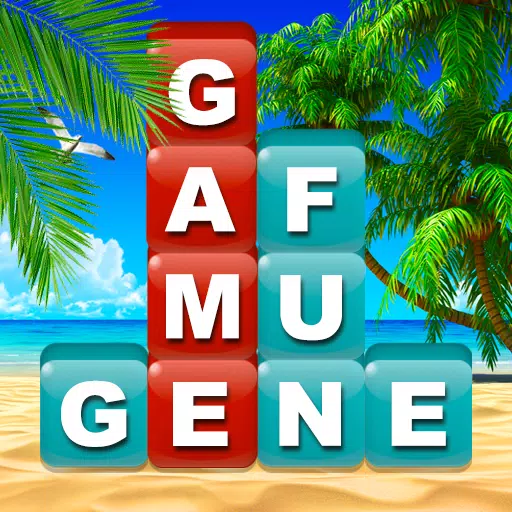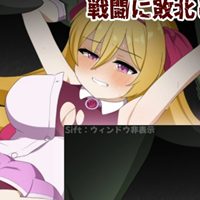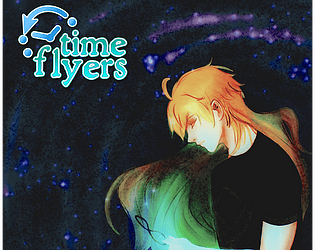
Valve has taken a strong stance against games with forced in-game advertisements, creating a dedicated policy page to clarify their rules. This move aims to enhance the gaming experience for players by eliminating disruptive ads. Let's delve into what this means for the gaming community.
Valve Rolls Out Rules for Games with Forced Advertising
Games are Forced to Remove Ad Elements

Valve's new policy explicitly bans games that require players to watch or engage with advertisements to progress or receive rewards—a practice commonly seen in mobile and free-to-play games. These games often feature unskippable ads between levels or offer ads for bonuses like energy refills.
This policy, part of Steamworks' terms for almost five years, now has a dedicated page due to the increasing number of games on Steam. In 2024, SteamDB reported a staggering 18,942 game releases, prompting Valve to reinforce its guidelines. Steam, which does not feature paid advertisements, insists that games with ad-based models must remove these elements or transition to a "single purchase paid app" model.
Alternatively, developers can opt for a free-to-play model with optional microtransactions or purchasable DLC. A prime example is the mobile game Good Pizza, Great Pizza, which, after porting to Steam, replaced in-game ads with purchasable DLCs and unlockable content.
Product Placements and Cross Promotions Allowed on Steam
While disruptive ads are prohibited, product placements and cross-promotions, such as bundles and sale events, are permitted as long as they comply with copyright laws. This includes racing games like F1 Manager featuring real sponsor logos, or skateboarding games showcasing real-world brands.
Valve's policy aims to ensure a high-quality gaming experience on PC, free from the interruptions of forced advertisements, thus enhancing user immersion.
"Abandoned" Early Access Games Now Give Warning
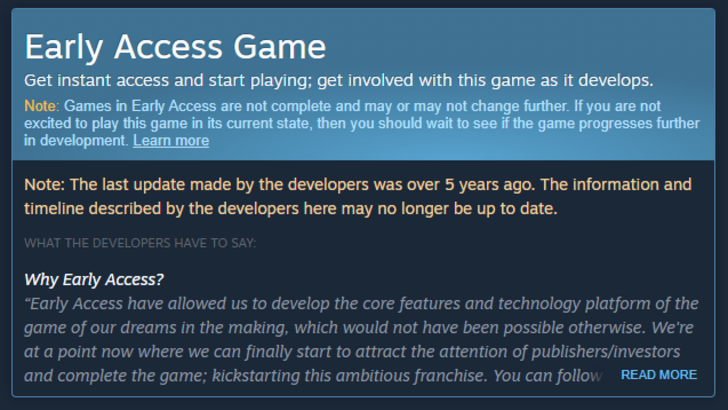
In another move to improve user experience, Steam now flags Early Access games that haven't been updated in over a year. These games will display a notice on their store page, indicating the duration since the last update and a warning that the developer's information may be outdated.
This feature is particularly useful given the large number of Early Access games on Steam, helping customers identify potentially abandoned titles. While negative reviews often highlight such games, this direct notice is a valuable addition.
The gaming community has largely welcomed this feature, with many expressing appreciation on social media and Steam forums. Some users have suggested that games neglected for over five years should be considered for delisting.
These changes reflect Valve's commitment to enhancing the quality and reliability of games on Steam, ensuring a better experience for all players.





